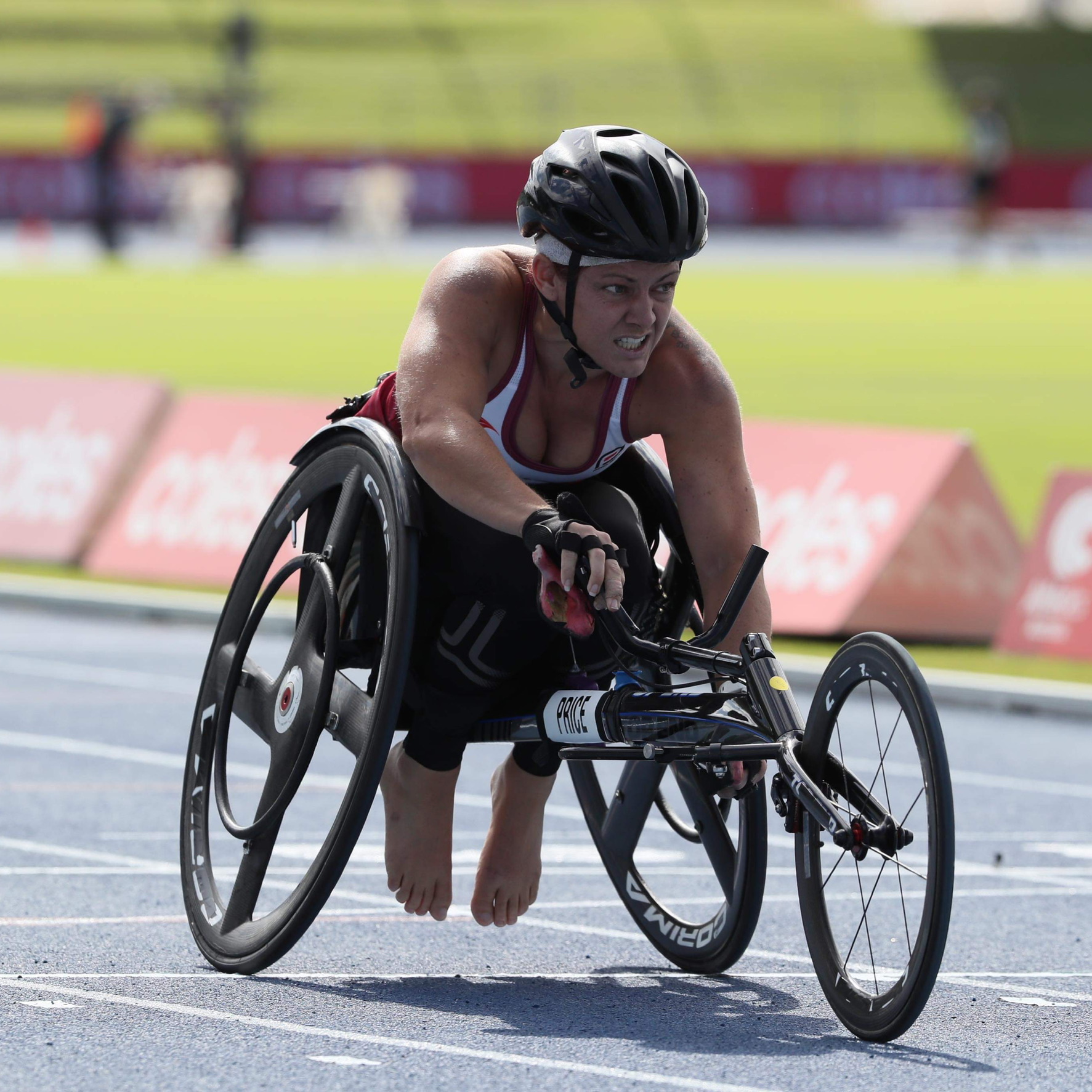Fighting for thyroid health
“I am hopeful that a day will come when the suffering of thyroid patients will be a thing of the past,” says patient advocate and blogger Dana Trentini, aka Hypothyroid Mom.
After the birth of her first child in 2006, Dana began experiencing many symptoms that she would later find out were due to thyroid dysfunction. “I was overwhelmed with fatigue. The pregnancy weight was impossible to lose. My hair was falling out. The heels of my feet were cracked and my scalp itched. My legs were numb to the touch. Unusually heavy menstrual bleeding, chronic constipation and constant infections plagued me. Kidney stones landed me in the emergency room,” she says.
The thyroid is a small butterfly-shaped gland located at the base of your neck which produces hormones that are essential for the growth and function of almost all organs in the body. An estimated 750 million people worldwide live with thyroid disorders, over half of whom are undiagnosed.
“For one year after the birth of my first son my instincts roared at me. Something was wrong with my body and I knew it,” Dana tells This Is MedTech. An in vitro diagnostic (IVD) test* on her blood sample revealed abnormally high levels of thyroid stimulating hormone (TSH), indicating an underactive thyroid, or hypothyroidism. There was a huge sense of relief once Dana had a diagnosis. “Finally, someone had figured out what was wrong and they would surely fix it,” she remembers thinking.
Dana was put on medication and felt confident that the worst was behind her. Then she fell pregnant. Her TSH reached dangerous levels far above the recommended reference range for pregnancy, which led to a miscarriage. “It was an unnecessary loss of a child,” she notes. “The day I lay on a medical exam table awaiting the surgical procedure to remove my miscarried baby from my body, I vowed to stand up and shake up the world. I would empower patients to be their own health advocates.”
Dana has tirelessly worked on this mission ever since. She believes that the prudent use of medtech such as IVDs plays an important role in getting the right treatment. This not only includes blood tests for TSH, but also for a wider range of thyroid hormones like Free T3, Free T4 and reverse T3, as well as thyroid antibodies. A more comprehensive picture of her thyroid function has helped Dana regain her health. Indeed, after years of research and collaboration with top professionals in the field, and the birth of her second son in 2010, she feels better than ever.
Dana stresses, however, that test results should be used in conjunction with a doctor’s thorough review of the patient’s symptoms and signs including blood pressure, body temperature and blood sugar levels.
“If you’ve ever fallen down the dark hole of hypothyroidism and suffered that extreme fatigue that makes it hard to keep your eyes open, you know how important symptom improvement is to a patient,” she says. “Strict reliance on lab tests misses the cries of patients struggling to make it through each day, to hold down their jobs, to care for their families, to care for themselves.”
*IVDs are tests done on samples such as blood or tissue that have been taken from the human body. They can provide critical information at every step of a patient’s journey, from prognosis, screening and diagnosis to monitoring the progression of disease and predicting treatment responses. They also increasingly play a role in offering personalised healthcare solutions.






